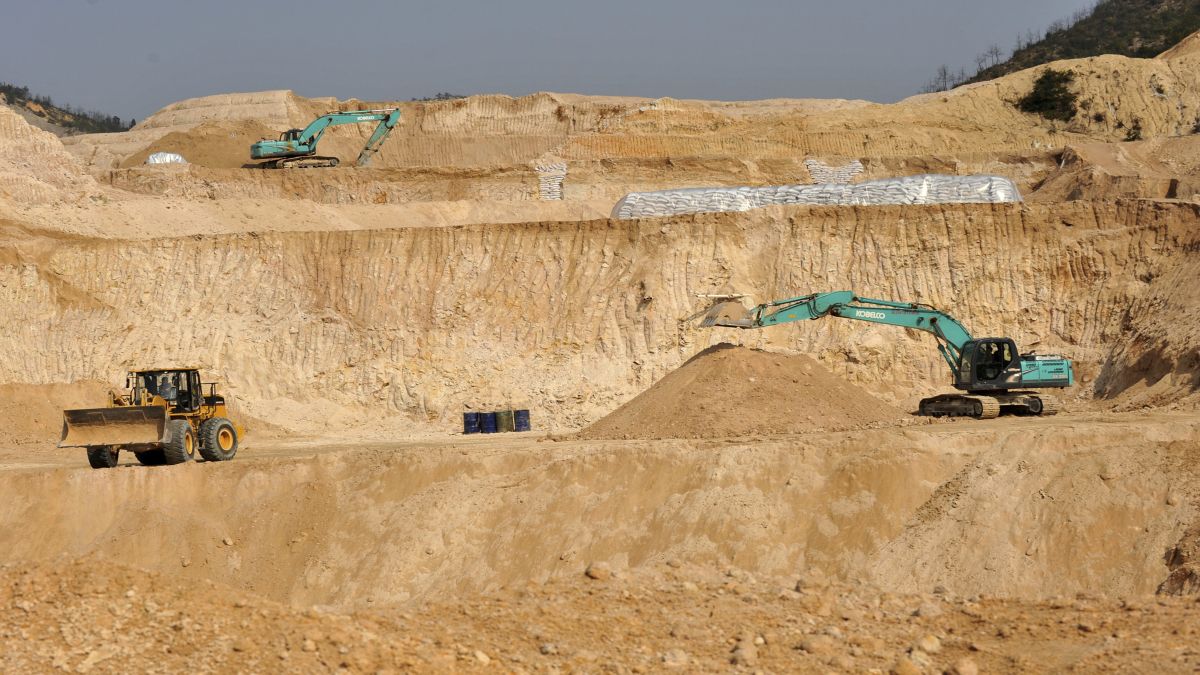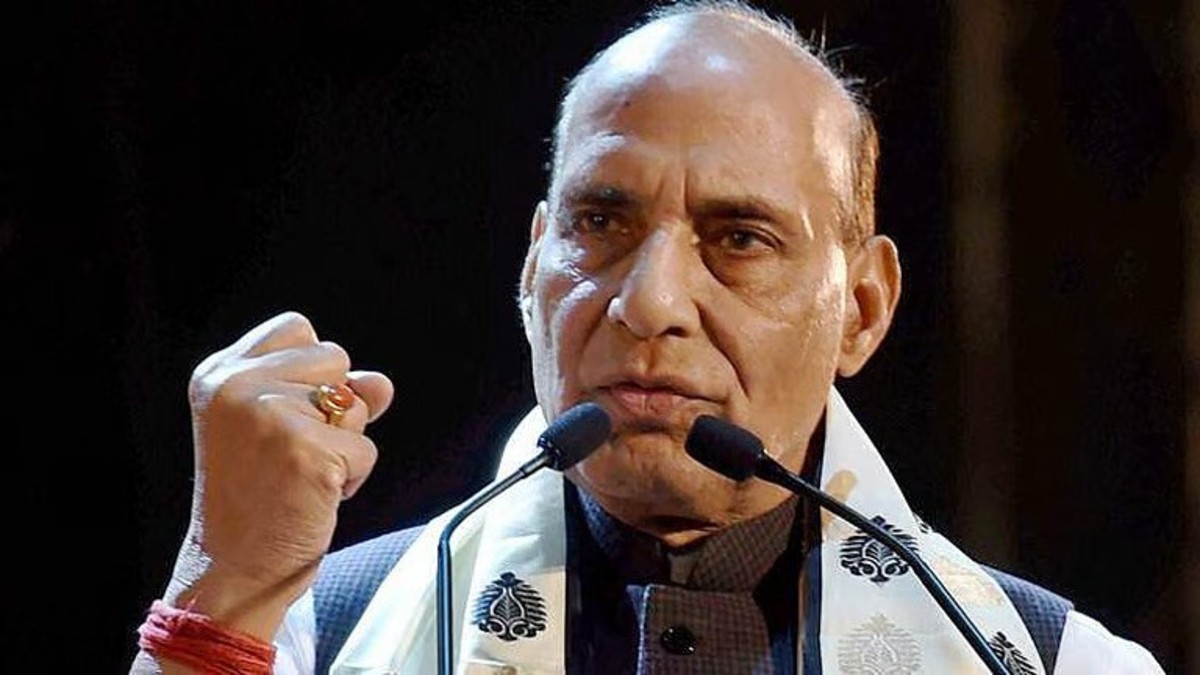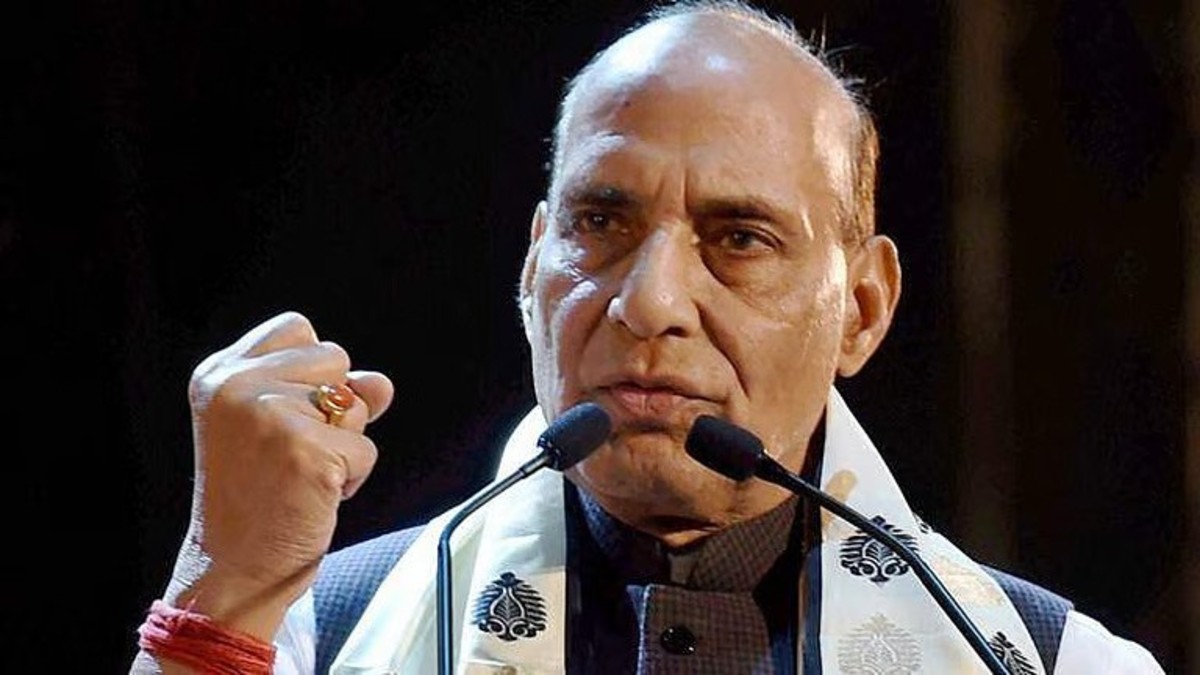The US and Japan are preparing to tap deep-sea rare earth deposits near Minamitorishima in a joint effort meant to counter China’s dominance over rare minerals. The development comes after President Donald Trump met Prime Minister Sanae Takaichi last month.
The two sides have joined hands to identify joint projects across the mining, smelting and processing chain for rare earth elements to be used for advanced manufacturing, clean energy and defence.
“It is important for both Japan and the United States to secure diverse procurement methods. We are considering specific ways to proceed with cooperation,” Takaichi said.
Takaichi has long advocated for tapping into Japan’s mineral and rare earth element reserves, despite the challenge of accessing them due to their location deep on the Pacific Ocean floor.
How much rare earth does the island hold?
The prime minister said that the mud around Minamitorishima Island is probably a treasure trove of minerals. Japan plans to test the feasibility of raising rare earth mud from a depth of 6,000 metres in January, according to Takaichi.
Surveys have confirmed the presence of rich rare earth mud at depths of 5,000 to 6,000 metres within Japan’s exclusive economic zone near Minamitori Island, according to an executive with the government-backed project.
Covering only 151 hectares (373 acres), the island is small but holds significant strategic value, allowing Tokyo to claim an EEZ spanning nearly 429,000 square kilometres of surrounding waters and seabed, including any mineral or energy resources beneath the ocean floor.
China tightens rare earth export rules
The world’s largest rare earths producer added dozens of pieces of refining technology to its control list and announced rules that will require compliance from foreign rare earth producers who use Chinese materials.
China produces over 90 per cent of the world’s processed rare earths and rare earth magnets. The 17 rare earths are vital materials in products ranging from electric vehicles to aircraft engines and military radars.
Impact Shorts
More ShortsExports of 12 of them are now restricted after the ministry added five - holmium, erbium, thulium, europium and ytterbium - along with related materials.


)

)
)
)
)
)
)
)
)



